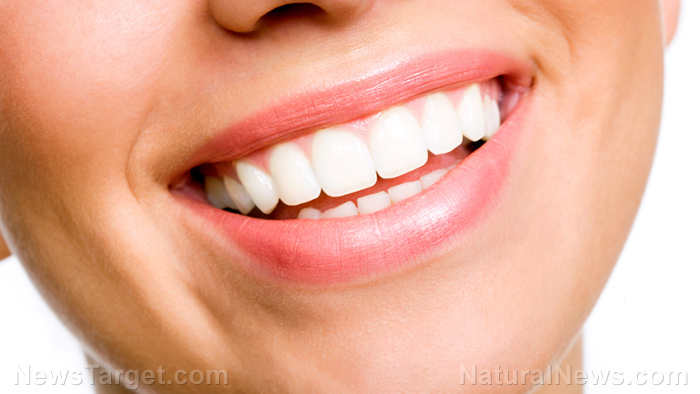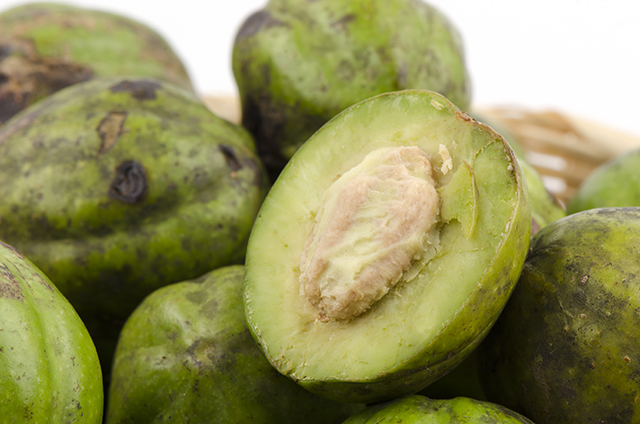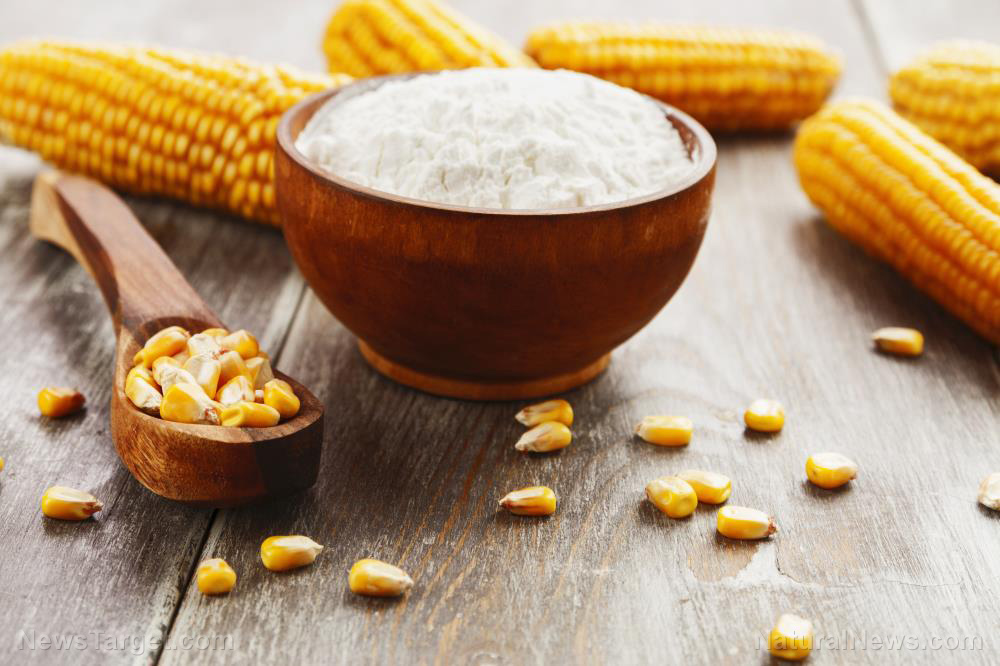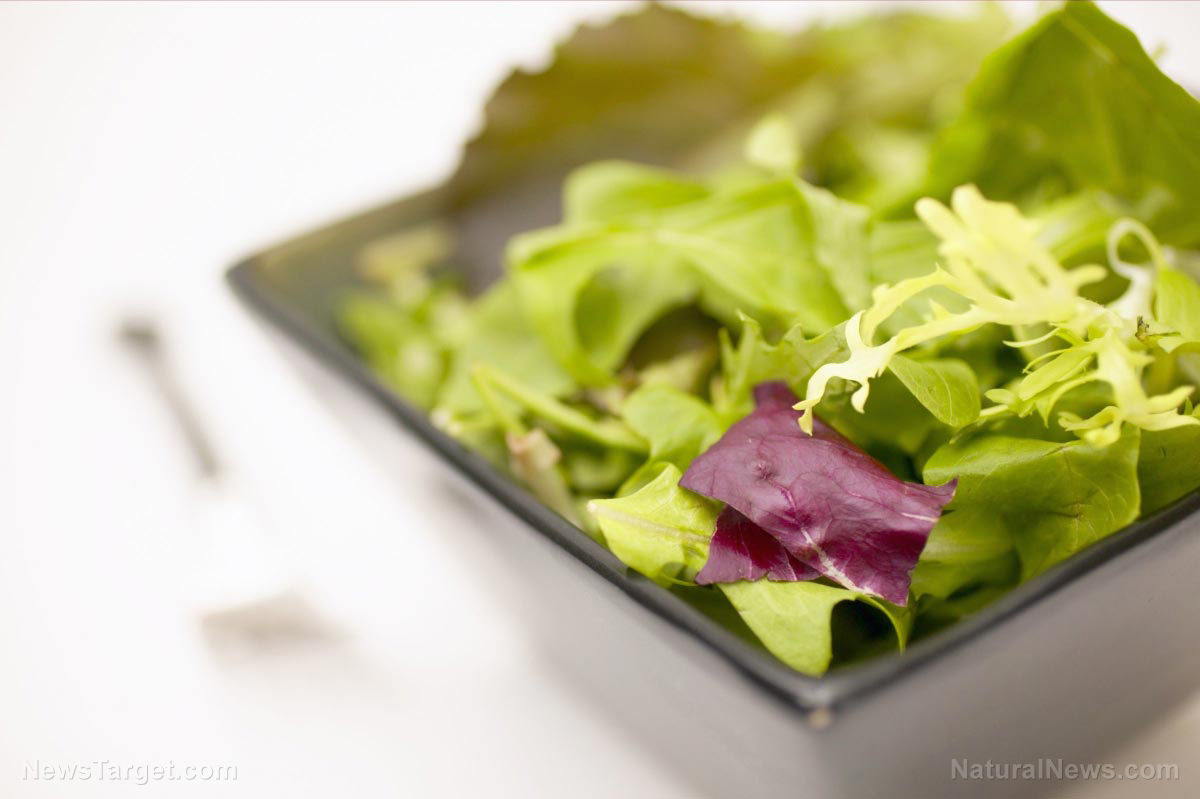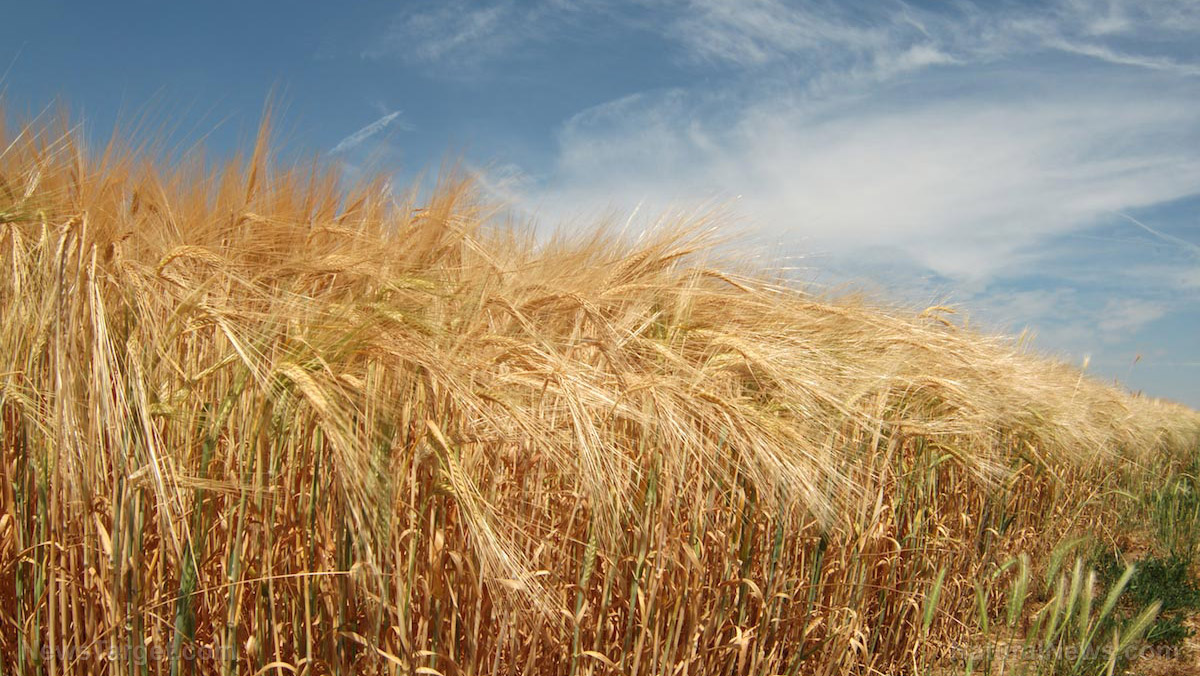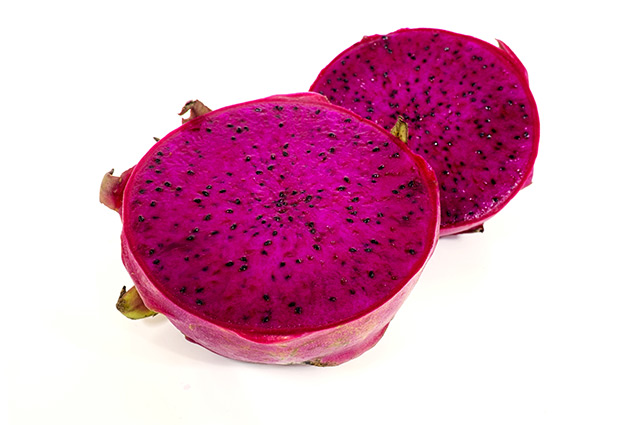Evidence suggests that diet may influence your risk of hearing loss
09/06/2018 / By Lance D Johnson

Researchers from Brigham and Women’s Hospital have discovered that long term dietary decisions do influence hearing loss. It turns out that hearing loss isn’t something that automatically comes with age. Hearing loss is more prevalent for people who consume fewer nutrients over time. Without the proper nutrients, the cells that make up the auditory senses cannot repair; therefore the crucial parts of the inner ear lose their ability to translate sound over time.
In the study, three diets were analyzed among 70,966 women. The women were followed for twenty-two years, part of the Nurses’ Health Study II. The diets that prevented hearing loss included: The Alternate Mediterranean diet (AMED), Dietary Approaches to Stop Hypertension (DASH), and the Alternative Healthy Eating Index. Each diet is unique in its own way, but all three include higher intake of essential nutrients. The AMED diet includes grains, legumes, vegetables, fruits, nuts, fish extra virgin olive oil, and moderate intake of alcohol. The DASH diet is high in fruits and vegetables and low-fat dairy, and low in sodium. The AHEI diet is similar to both of the aforementioned diets.
Epidemiologist Sharon Curhan, M.D. from the Channing Division of Network Medicine at BWH, said: “Interestingly, we observed that those following an overall healthy diet had a lower risk of moderate or worse hearing loss. Eating well contributes to overall good health, and it may also be helpful in reducing the risk of hearing loss.”
The study therefore concluded that all three diets are associated with a lower risk of acquired hearing loss in women. The women who closely followed the AMED or DASH diets had thirty percent lower risk of developing moderate or worse hearing loss. In a sub-cohort of 33,000 women, the AHEI-2010 diet also showed benefits for hearing. The correlation was evident across the board in the longitudinal study. The less those women followed the dietary patterns, the greater their risk of hearing loss. (Related: Poor nutrition in early childhood linked to hearing loss.)
Single nutrients that impact hearing health over time
The benefits of nutrition for hearing are science-based. Potassium is essential for building the fluid in the inner ear – the fluid that is responsible for translating noise into electrical impulses. Hormonal health is important too, for without the hormone aldosterol, potassium cannot be properly utilized.
Folic acid is essential for the metabolism of homocysteine. This action reduces inflammation, allowing for better circulation to the hairs inside the ears. Zinc is crucial for cell growth and repair.
The hairs inside the ears are also protected by magnesium. This essential mineral provides relief from the free radicals that come from loud noises. Studies show that people, who supplement with vitamins A, E, and C, along with magnesium, deter noise-related hearing damage.
For more on the benefits of a healthy diet, visit Nutrients.news.
Sources include:
Tagged Under: age-related hearing damage, aldosterol, auditory system, cellular repair, folic acid, Free radicals, Magnesium, natural remedies, noise-related damage, nutrition, potassium, prevention, sense of hearing


